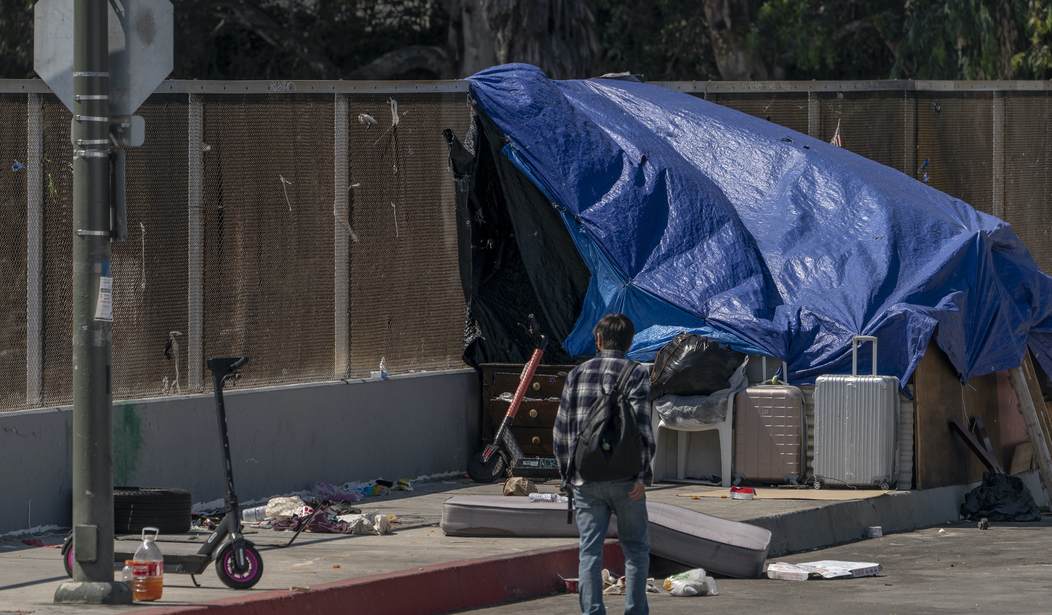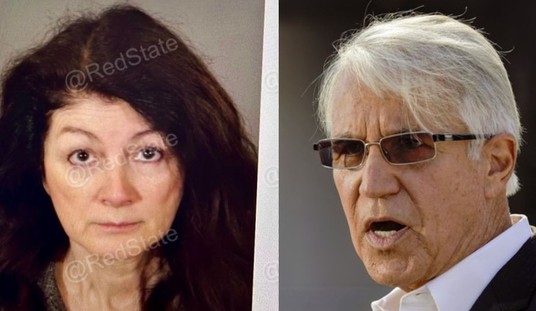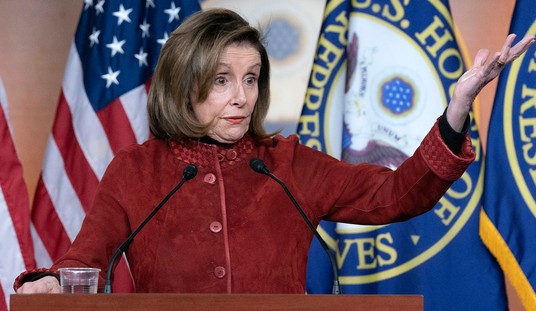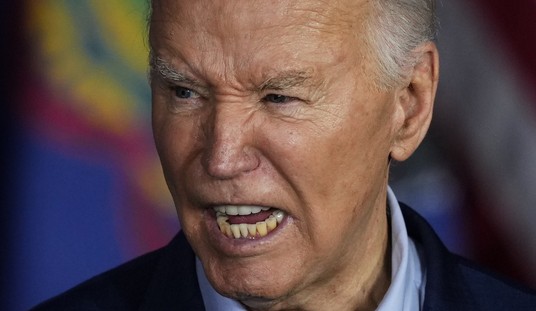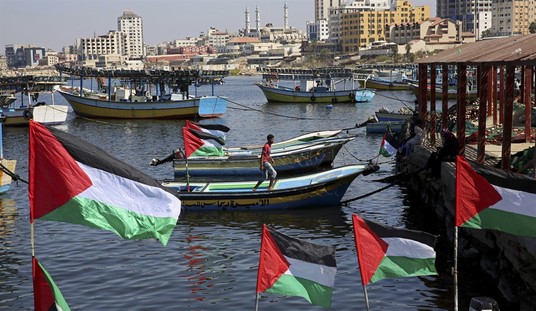What's up with America's cities? Not all that long ago, America's great cities were the pride of the world. Now, they are cesspools.
In my former life as an independent corporate consultant, I had to travel a lot, so have seen a lot of the world's great cities. If you've spent time in recent years in Tokyo, Osaka, or Frankfurt, those places make most of America's big cities look pretty shabby. Tokyo, for example — at least on my most recent visit in 2019 — didn't have drug addicts passed out in the streets. There are no massive Hooverville encampments on the sidewalks, no aggressive panhandling, and no gangs of flash mob thieves looting stores. That just doesn't happen in Japan, and granted, a big part of that is that Japan is a highly homogeneous, high-trust society, but even so, Tokyo, while being a massive, sprawling metropolis, is clean, beautiful, safe, and orderly.
But there's more to it than that, which is why it's interesting to read Chris Arnade's account of travels; Chris is a photographer who is engaged in a "walk around the world" project, and he has some cogent comments on the state of America's cities.
Ever since I began my project to walk around the world, it has always been jarring to come home to the US, often from much poorer countries — in this case Bulgaria — to find that our infrastructure is infinitely worse. Of course, flying internationally is still a luxury, and complaining about it is a bit elitist. I really wish the US, and JFK in particular, would make an effort to meet global standards of air travel — but it was what happened after I left the airport that convinced me that America, and especially NYC, is broken.
After crashing at a friend’s house not far from JFK, I got up to take a 4:39am subway train to the Port Authority bus terminal in Manhattan, so I could catch the first bus home. The train, to be fair, was on time. But it was filthy. The carriages were mostly empty, except for three or four homeless guys in each who were either sleeping or passed-out. The dozen or so of us who got on at the first stop chose our seats carefully, positioning ourselves close to each other, for safety, and as far as possible from the sprawled-out guys and their piles of trash and puddles of urine.
New York is far from the only city with this problem. In 2017, I spent the year in Silicon Valley, working on a corporate acquisition; one lovely spring weekend, I decided to go see San Francisco. I had often heard my father describe it as a beautiful, clean, prosperous city when he visited in late 1945. An uncle who had been stationed there in the early '50s used to sing Frisco's praises as well, especially Chinatown, which was his favorite weekend hangout.
I wasn't going in cold. I knew San Francisco had its issues. I even had my "poop map," warning me which areas of the city to avoid. But to say I was unprepared was a gross understatement.
See Related: California City Struggles to Recruit Police Despite Six-Figure Salary and Massive Signing Bonus
My first mistake was parking at a garage in Redwood City and taking the BART downtown. I was accustomed to commuter and cross-country trains in Japan, but the difference couldn't have been more stark. The car I rode in smelled so strongly of stale urine that it made my eyes water. Bums were sprawled unconscious on some of the seats, while others were occupied with feral-looking teens; for a couple of stops, I stood between a group of "youths" and what appeared to be a mother and her teenage daughter, both of whom looked very uncomfortable; as California law prevented me from carrying a sidearm, all I would have been able to do is go down swinging, hopefully buying the ladies time to get away, but I suppose I would have if necessary.
The tourist area around Fisherman's Wharf was worse. Bums were passed out on every bench and every patch of grass. Discarded needles littered the ground. I saw at least two men unzipping and urinating against trees in one small park that people going from the Bart Station to the Wharf had to walk past.
I left, disgusted, and never went back.
Granted, San Franciscans have only themselves to blame for this; they keep voting, and they keep getting the government they want, good and hard.
See Related: San Francisco Votes for a 'Ceasefire' With Hamas, and the Video Is Both Hilarious and Terrifying
Mr. Arnade has some thoughts on what makes our cities this way and why other countries' cities have not descended into squalor.
I like to live here, but the reality is we are rapidly falling behind the rest of the world in liveability, especially when you adjust for our wealth. Our cities are being frozen in time by an absurd, centralised regulatory mindset, which sees human flourishing as dirty and unsafe, and seems determined to wring out the last drops of any soul from our urban spaces. A mindset that manifests as one useless La Sombrita at a time.
Here's the relevant point, although Mr. Arnade doesn't phrase it in exactly this way. The answer to these problems is two-fold: public order and capitalism. Capitalism, of course, is the "human flourishing" that Mr. Arnade correctly notes that the left finds "dirty and unsafe." Well, our cities now are dirty and unsafe, and the left has been monolithically in charge for decades now.
Civil society cannot exist without some system for maintaining basic public order: clean streets, hunting down and incarcerating criminals, moving addicts into (involuntary, if necessary) treatment programs, and providing some manner of institutionalization for the hopelessly mentally ill.
Civil society cannot exist without the conditions that allow prosperity: free markets, minimal regulation, minimal government interference, and only the minimum taxation required to achieve basic public order.
These things are, yes, easier in a homogeneous, high-trust society like Japan. But they aren't impossible here. Trust must be earned, but when we start from the basis that it's impossible to trust our municipal employees to maintain even a minimum of public order, trust is impossible, no matter how homogeneous or diverse a population is. This can be done — as recently as the '90s, New York was one of the cleanest and safest major cities on the planet. No longer — and ask yourself what happened in the intervening years.
The current system, to shamelessly steal a term beloved by the left, simply isn't sustainable, and it's driving away the only people who may be able to provide the resources to fix things.
See Related: The Exodus of Productive Citizens From California Proceeds Apace

